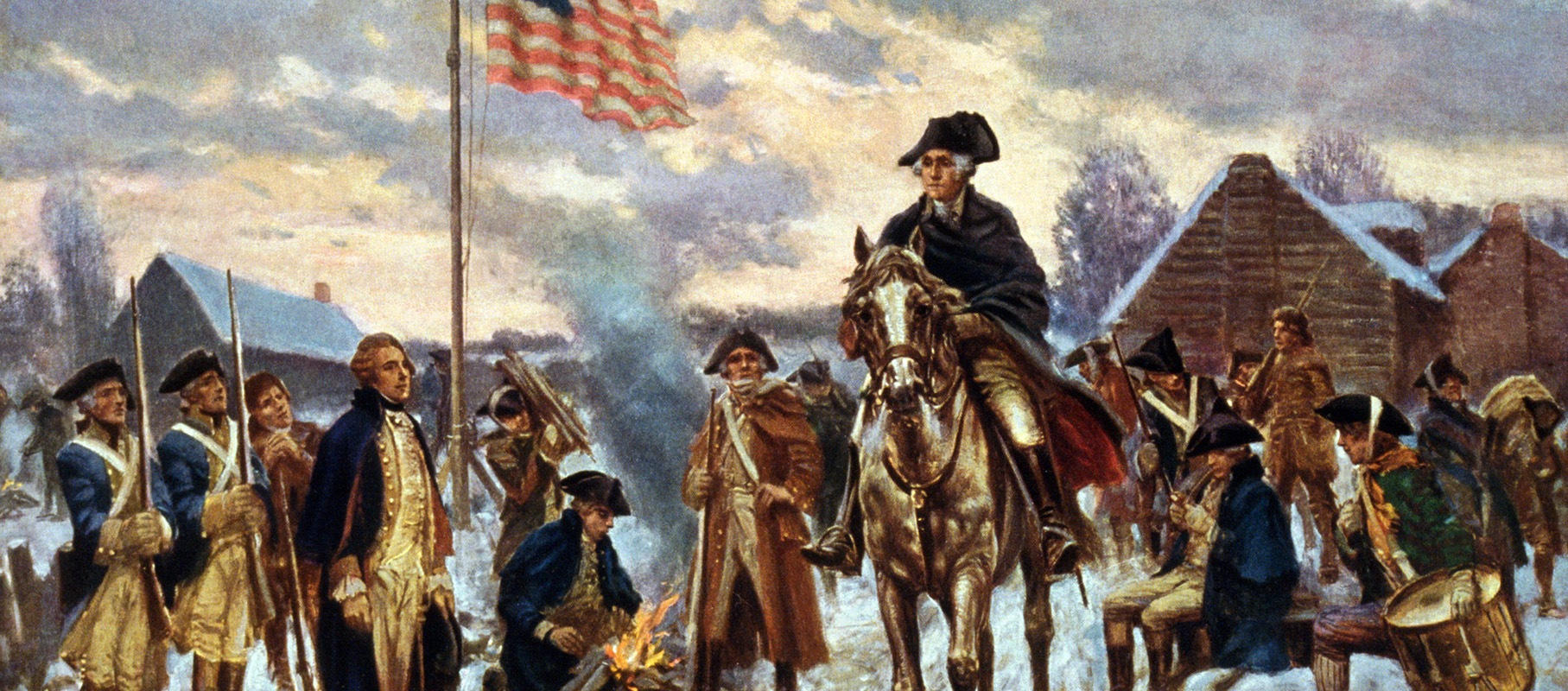

How George Washington Persevered to Lead America to Independence
Warwick Fairfax
July 3, 2019
One of the great stories of perseverance is the American Revolutionary War and George Washington’s dogged determination to not give in. It was in large part Washington’s commitment to the American cause of independence and his refusal to give up amidst overwhelming odds that was the key to the birth of the United States.
Washington, the commanding general of the Continental Army of the American Colonies, was not a brilliant strategist or tactician. He was not particularly well-educated either. He was up against British generals with far more significant command experience and he lost more battles than he won. Thomas Jefferson later said that Washington often “failed in the field.” He was sometimes guilty of gross military blunders, such as when he placed his army on Long Island, New York, in 1776, exposing his entire army to capture. So why is Washington revered as the Father of the Nation and considered such a great leader?
The Greatness of Washington
The greatness of Washington lies in his character and in his capacity to learn. These were the two areas that led to the preservation of the Continental Army, the American cause and, ultimately, led to our country’s independence. One historian called the American Revolution “almost a miracle,” saying that “the war came much closer to ending short of a great American victory than many now realize.”
Washington was a wealthy man who did not take a salary and risked all he had for the cause. Through it all, he showed unrelenting courage and perseverance, never losing sight of “the goodness of our cause.” He truly believed difficulties were not insurmountable, saying “perseverance and spirit have done wonders in all ages.” This inspired great loyalty among his troops.
Self-Awareness and Humility
Washington was also self-aware. He knew his limitations and his lack of experience as a military commander. In his formal acceptance of the command of the Continental Army in 1775, Washington said, “I am truly sensible of the high honor done me by this appointment, yet I feel great distress from a consciousness that my abilities and military experience may not be equal to the extensive and important trust.”
Leaning in as a Learner
In addition to his self-awareness and humility, Washington’s great strength was his capacity to learn. Washington realized that trying to fight open-field battles against the might of the British Army was not wise. He turned to hit and run tactics — guerrilla tactics — that he had seen Native Americans use so effectively in the French and Indian War, a decade or so before the American Revolution.
Washington realized the key to victory was survival — survival of the Continental Army and the American cause. Eventually, this survival led to the French entering the war. This culminated in the combined American and French forces, aided by the French navy, defeating the British at the Battle of Yorktown in 1781, which effectively ended the war.
What can we learn from Washington?
- Never Give Up. Never giving up and being able to survive can be the key to ultimate victory.
- Keep Your Ego in Check. Have an accurate appraisal of yourself. Arrogance will only hold you back and may end up depriving you of victory.
- Surround Yourself with a Good Team.Surround yourself with a team that has complementary skills to yourself, even to the point of hiring people who you may feel are better than you in many respects.
Key Takeaways
- Believe in Your Cause. Your passion has to be bigger than the obstacles you might face along the way. This will keep you going and focused on the vision you’ve set out to achieve.
- The Strength of Your Character can Lead to Victory. Being humble and self aware can enable you to take advice you don’t want to hear and surround yourself with a great team with complementary skills.
Character and humility, combined with a fierce belief in the cause and the determination to never surrender, will inspire many passionate followers. These are the kind of qualities that will help a leader persevere and prevail amid the toughest trials and challenges. This was the key to American independence. The American Colonies were led by a man of great character and humility — who passionately believed in the righteousness of their cause.
Reflection
- How much do you really believe in your cause or vision?
- How willing are you to put your ego in check to ensure victory?

